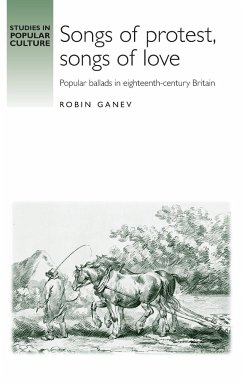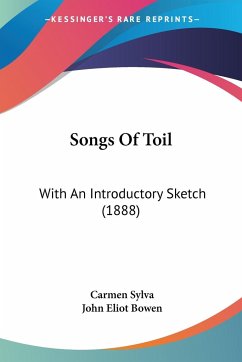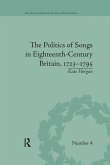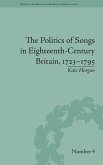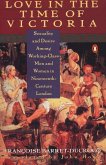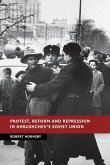This book shows how songs can bring back voices from the past in a new way. The focus of the book is on rural Britain in a time of crisis. As the traditional rights of peasants were being jettisoned to enforce a new system of enclosure, rural laborers chanted out their concerns in songs of protest. These songs became increasingly strident and popular after the 1770s as rural life became even more precarious with fluctuating grain prices and uncertain employment opportunities. Many ballads in the eighteenth century were love songs. But these are also rich in social meaning. Many of these love songs celebrated the free and easy sexuality of rural workers, especially milkmaids and ploughmen, which was contrasted with the tepid and flaccid sex life attributed to urban aristocrats. The book will be of interest to scholars, advanced students and readers with an interest in cultural history and popular ballads.
The book explores the identity of British agricultural labourers during a time of crisis for the British countryside. It looks at how they expressed grievances and celebrated their sexuality and way of life through songs
Hinweis: Dieser Artikel kann nur an eine deutsche Lieferadresse ausgeliefert werden.
The book explores the identity of British agricultural labourers during a time of crisis for the British countryside. It looks at how they expressed grievances and celebrated their sexuality and way of life through songs
Hinweis: Dieser Artikel kann nur an eine deutsche Lieferadresse ausgeliefert werden.

